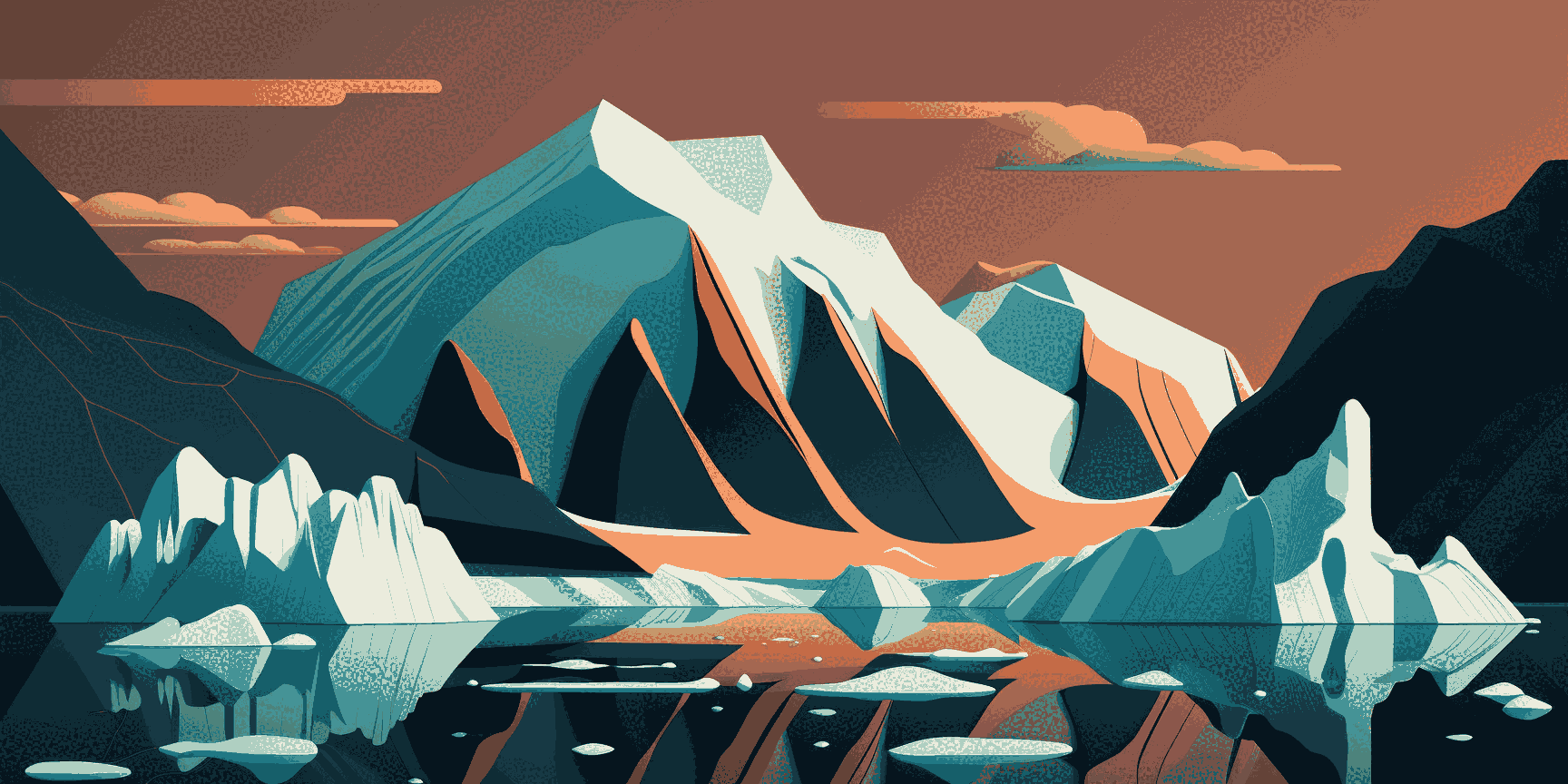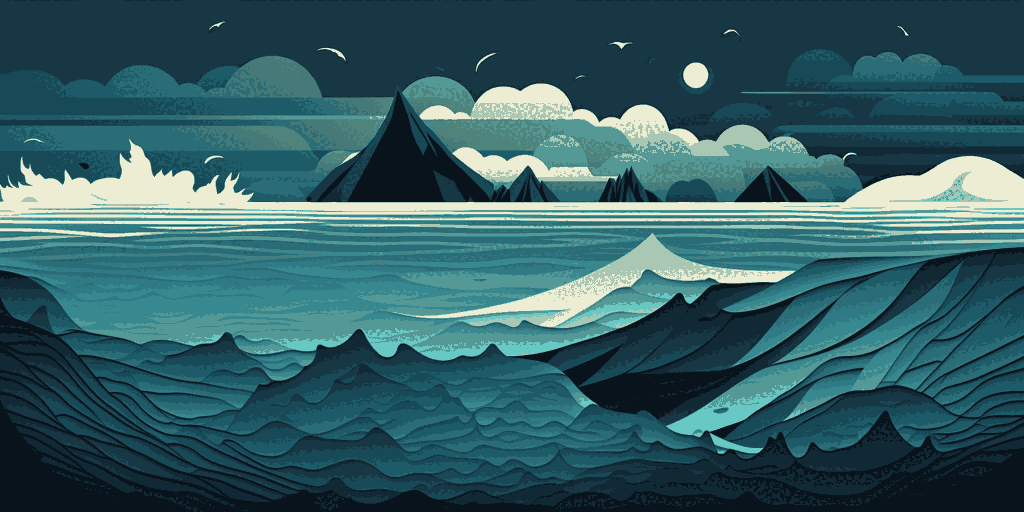The Great Retreat Of Glaciers: An Unfolding Environmental Crisis
One of the most alarming consequences of climate change is the great retreat of glaciers, and it's happening faster than you might think.
Table Of Content
- What Is Glacier Retreat?
- The Role Of Climate Change In Glacier Retreat
- Effects Of Glacier Retreat
- Potential Solutions To Glacier Retreat
- Conclusion
- Cause
- Is Caused By
Glaciers, giant rivers of ice, have been an integral part of Earth's landscape for millions of years. These natural wonders, formed over thousands of years, play a critical role in maintaining ecological balance, regulating the Earth's climate, and providing vital resources for human populations. However, in recent years, there has been an alarming trend of retreating glaciers, a phenomenon that threatens the very fabric of our planet's natural systems. This article delves into the issue of glacier retreat, exploring its causes, effects, and potential solutions.
What Is Glacier Retreat?
Glacier retreat refers to the melting and subsequent withdrawal of glaciers from their original positions. This phenomenon has been observed in many parts of the world, including the polar regions, mountain ranges, and even some parts of the tropics. The causes of glacier retreat are multifaceted, including natural and human-induced factors. However, the primary culprit behind this phenomenon is climate change.
The Role Of Climate Change In Glacier Retreat
Climate change, primarily caused by the increase in greenhouse gas emissions, has led to rising temperatures globally. This warming trend has caused glaciers to melt at an unprecedented rate. The melting of glaciers has far-reaching consequences, including sea-level rise, altered weather patterns, and the loss of freshwater resources. In addition, the melting of glaciers has also led to the formation of glacial lakes, which pose a significant threat to the safety of communities living in the surrounding areas.
Effects Of Glacier Retreat
Glacier retreat has far-reaching effects on both the environment and human populations. One of the most significant impacts of glacier retreat is the rise in sea levels, which can lead to flooding in coastal regions, resulting in loss of life and property. The loss of freshwater resources is another significant consequence of glacier retreat, with many communities relying on glacial meltwater for their survival. The loss of glaciers also affects the biodiversity of ecosystems, leading to the loss of species that depend on glacial environments.
Potential Solutions To Glacier Retreat
Addressing the issue of glacier retreat requires a multifaceted approach. One of the primary solutions is to reduce greenhouse gas emissions, the primary cause of climate change. This can be achieved through the adoption of renewable energy sources, such as solar and wind power, and the implementation of energy-efficient practices. Additionally, there is a need for improved management of water resources, particularly in regions that rely heavily on glacial meltwater. Finally, there is a need for increased research and monitoring of glaciers to better understand their dynamics and identify potential solutions to mitigate their retreat.
Conclusion
Glacier retreat is an unfolding environmental crisis that requires urgent action to address. The melting of glaciers has far-reaching consequences, threatening the ecological balance, freshwater resources, and the safety of human populations. Addressing this issue requires a collaborative effort, with governments, individuals, and organizations taking action to reduce greenhouse gas emissions, implement sustainable practices, and improve water resource management. Failure to address the issue of glacier retreat could have devastating consequences for the planet's future.




